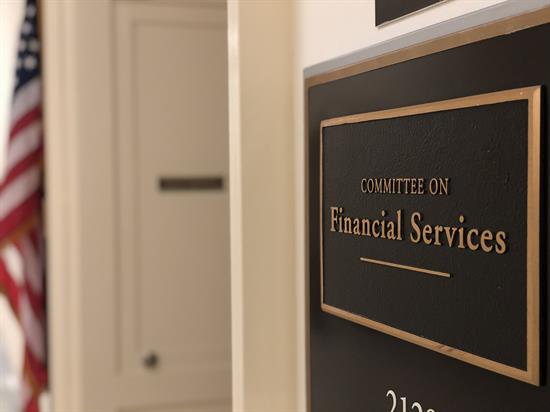Barr’s Otto Warmbier Act Included in NDAA to Toughen Mandatory Sanctions on North Korea
Washington,
December 11, 2019
WASHINGTON – Today, the House of Representatives passed the Otto Warmbier North Korea Nuclear Sanctions and Enforcement Act as part of the National Defense Authorization Act for Fiscal Year 2020 (NDAA). The Otto Warmbier legislation imposes some of the toughest mandatory sanctions ever on North Korea, including restrictions on foreign banks (“secondary sanctions”) and their access to the U.S. financial system. Sponsored in the House by Republican leader of the Subcommittee on Oversight and Investigations Andy Barr (KY-6), this legislation intends to draw North Korea back to the negotiating table in order to peacefully resolve tensions over its nuclear program. In 2017, Congressman Barr’s bill received unanimous support in the Financial Services Committee before passing the House of Representatives by a vote of 415 to 2. The Committee named the bill in honor of the late Otto Warmbier, who was unjustly imprisoned in 2016 by the Kim Jong Un regime and died the following year as a result of his mistreatment. “North Korea’s malign activities and efforts to circumvent international sanctions requires a strong and robust response from the United States,” said Congressman Barr. “As a member of the FY2020 NDAA Conference Committee, I was proud to secure the Otto Warmbier North Korea Nuclear Sanctions and Enforcement Act in the final bill. Once enacted, my legislation will represent the toughest economic sanctions ever directed at the Kim regime. These sanctions are targeted at foreign banks and simply require those banks to make a choice. They can either do business with North Korea or they can do business with the United States, but they can’t do both.” “This bill protects our national security by exerting maximum pressure on North Korea, and it does justice to Otto’s spirit by moving us toward a more peaceful world,” said Ranking Member Patrick McHenry. “I commend Congressman Barr for his leadership in championing this legislation. This shows what Members of the Financial Services Committee can achieve when we work in a bipartisan manner.” In addition to banking sanctions, other important measures to counter Pyongyang’s nuclear ambitions include:
The Otto Warmbier legislation was originally cosponsored by Republican Members including Congressmen French Hill (AR-2), Trey Hollingsworth (IN-9), Roger Williams (TX-25), and Warren Davidson (OH-8). In addition to North Korea sanctions, the conference report also contains important provisions modeled after the following Financial Services Committee bills:
|


